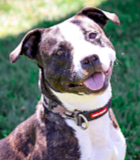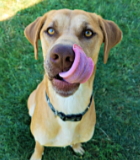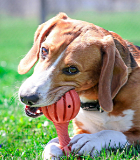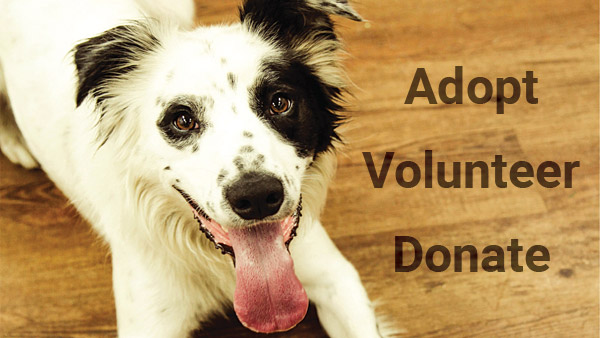Dental Health
- This topic has 0 replies, 1 voice, and was last updated 16 years, 4 months ago by .
Viewing 1 post (of 1 total)
Viewing 1 post (of 1 total)
- You must be logged in to reply to this topic.









Home » Topics » Tips & Hints on Medical Issues » Dental Health
We are excited to share that we are now partnering with Bonfire, an online store to raise funds by selling Mackenzie’s shirts. Learn more...

 Thank you for your generous donations to Mackenzie's!
The collars are incredible!
Thank you for your generous donations to Mackenzie's!
The collars are incredible!Your dog should see the veterinarian for a full check-up, shots and a heartworm blood test every year, and immediately if he is sick or injured.
Dental Health
While many of us may object to our pet’s bad breath, we should pay attention to what it may be telling us. Bad breath is most commonly an indication that your dog is in need of a dental check up. Dental plaque caused by bacteria results in a foul smell that requires professional treatment. After a professional cleaning, the teeth and gums may be maintained in a healthy state by brushing the teeth regularly, feeding a specially formulated dental diet and treats, and avoiding table scraps. Your veterinarian can give you more tips on minimizing dental disease and bad breath.
You can clean your canine’s teeth with a dog toothpaste or a baking-soda-and-water paste once or twice a week. Use a child’s soft toothbrush, a gauze pad or a piece of nylon pantyhose stretched over your finger.
Some dogs are prone to periodontal disease, a pocket of infection between the tooth and the gum. This painful condition can result in tooth loss and spread infection to the rest of the body. Veterinarians can clean the teeth as a regular part of your dog’s health program.
Bad Breath
While bad breath caused by dental disease may not be too serious if caught early enough, some odors may be indicative of fairly serious, chronic problems. Liver or intestinal diseases may cause foul breath, whereas a sweet, fruity smell may be indicative of diabetes. If your dog’s breath smells like ammonia or urine, kidney disease is a possibility. Any time you notice your pet has bad breath accompanied by other signs of ill health, such as loss of appetite, vomiting, weight loss, depression, excessive drinking or urinating, schedule a visit to the veterinarian.


